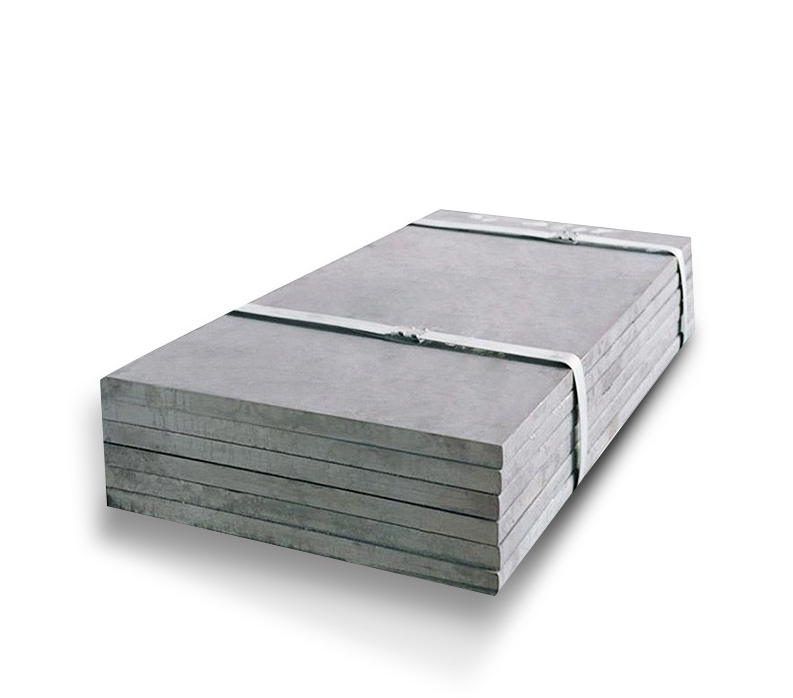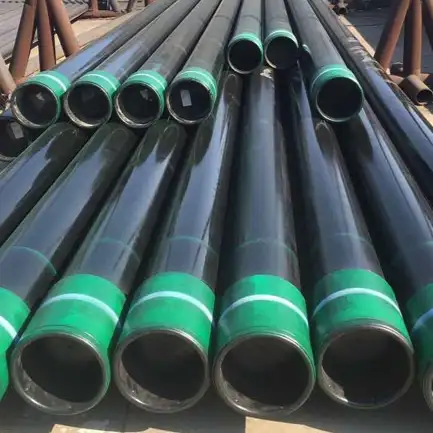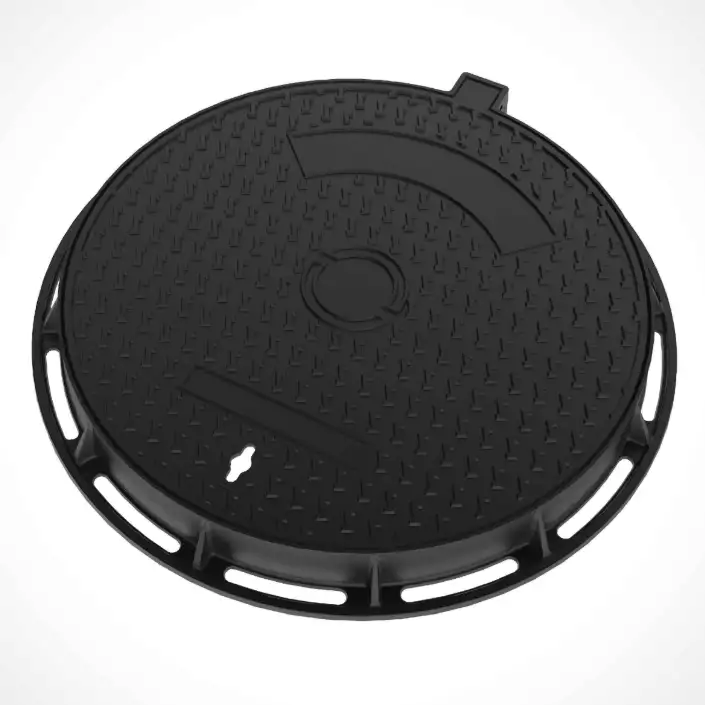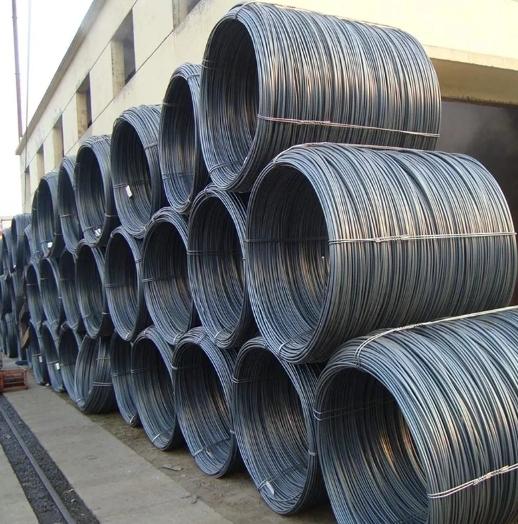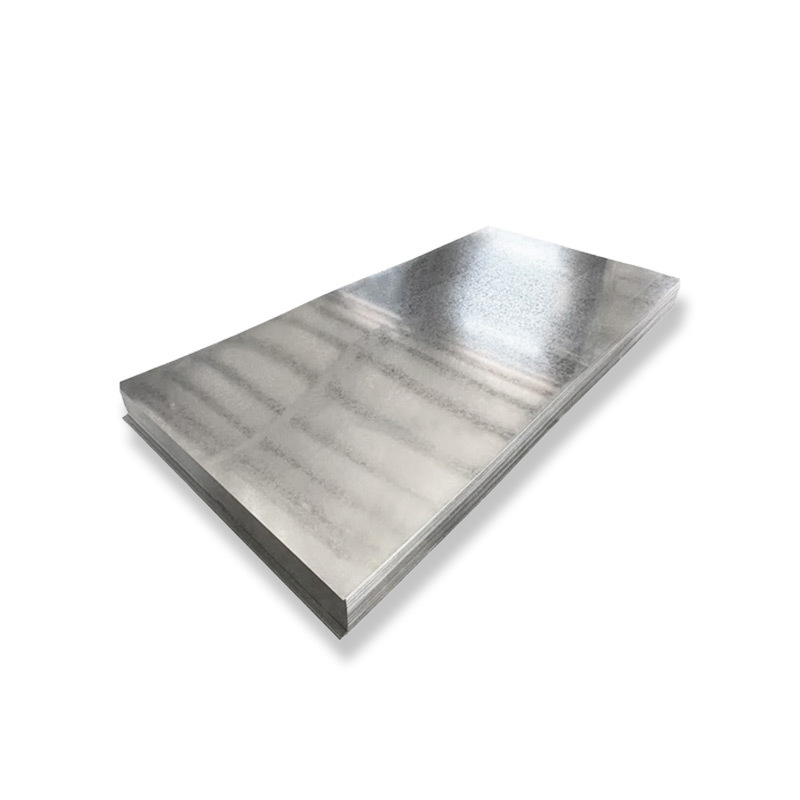Understanding API 5L Welded Line Pipe
API 5L is a standard specification from the American Petroleum Institute that governs line pipe suitable for use in conveying gas, water, and oil in both the oil and natural gas industries. Welded line pipes are a significant category within this standard, manufactured through various welding processes to join steel plates or coils into tubular form.
Manufacturing Processes for Welded API 5L Pipe
Several welding methods are employed to produce API 5L line pipes. The most common include:
- Electric Resistance Welding (ERW): Produced from steel coils. The edges of the coil are heated by electric current and forged together under pressure. ERW pipes are typically used for smaller to medium diameters and lower to moderate pressures.
- Longitudinal Submerged Arc Welding (LSAW): Manufactured from discrete steel plates. The plates are formed into a cylinder and welded longitudinally using the submerged arc welding process. LSAW pipes are common for larger diameters and higher-pressure applications. Companies like Shanxi Luokaiwei Steel Company often produce a range of LSAW pipes for demanding projects.
- Spiral Submerged Arc Welding (SSAW) or Helical Submerged Arc Welding (HSAW): Steel coil is continuously formed into a spiral or helical shape, and the abutting edges are welded using submerged arc welding. SSAW pipes can be produced in very large diameters and long lengths.
Key Specifications and Grades
API 5L welded pipes are categorized by grades, which indicate the minimum yield strength (MYS) of the steel, and Product Specification Levels (PSL).
- Grades: Common grades include API 5L Grade B, X42, X52, X56, X60, X65, X70, and up to X80 (and even higher) for more demanding applications. The “X” followed by a two or three-digit number indicates the MYS in thousands of psi (e.g., X52 has a MYS of 52,000 psi).
- PSL1: Provides a standard quality level for line pipe with general requirements.
- PSL2: Offers more rigorous requirements regarding chemical composition (carbon equivalent limits), mechanical properties (including mandatory Charpy impact toughness testing), fracture toughness, non-destructive testing (NDT), and traceability. PSL2 pipes are typically specified for sour service, offshore applications, or high-pressure gas lines.
The choice between PSL1 and PSL2, along with the specific grade, depends critically on the intended service conditions, such as operating pressure, temperature, the transported fluid, and the environmental or safety considerations of the pipeline. Sourcing these pipes from established manufacturers, such as Shanxi Luokaiwei Steel Company, is important to ensure compliance with these stringent requirements.
Advantages and Applications
Welded API 5L line pipes offer several advantages:
- Cost-Effectiveness: Particularly for larger diameter pipes (typically above 16-20 inches), welded manufacturing processes can be more economical than seamless production.
- Availability: A wide range of sizes, wall thicknesses, and grades are readily available from various manufacturers.
- Versatility: Suitable for a broad spectrum of oil and gas transportation projects, including gathering lines, transmission pipelines, and distribution networks, both onshore and offshore.
Their primary application is in the construction of pipelines for transporting crude oil, natural gas, natural gas liquids (NGLs), petroleum products, and sometimes water or slurry. The integrity of these pipelines is paramount, making strict adherence to API 5L specifications crucial. For critical projects, working with experienced suppliers like Shanxi Luokaiwei Steel Company can be beneficial for ensuring material quality and timely delivery.
Quality Control and Testing
Rigorous quality control and testing are integral to the manufacturing of API 5L welded line pipes to ensure they meet the standard’s requirements and are fit for purpose. This typically includes:
- Chemical Analysis: To verify the steel meets the specified compositional limits for elements like carbon, manganese, phosphorus, sulfur, and alloying elements.
- Mechanical Testing: Including tensile tests (to determine yield strength, tensile strength, and elongation), bend tests, and Charpy V-notch impact tests (especially mandatory for PSL2 grades to assess toughness at specified temperatures).
- Hydrostatic Testing: Each length of pipe is typically pressure tested to verify its ability to withstand internal pressure without leaking or failure.
- Non-Destructive Testing (NDT): Comprehensive NDT is applied, particularly to the weld seam. This includes Ultrasonic Testing (UT), Radiographic Testing (RT), Magnetic Particle Inspection (MPI), and sometimes Eddy Current Testing (ET) to detect any flaws such as cracks, lack of fusion, inclusions, or laminations. Suppliers such as Shanxi Luokaiwei Steel Company often invest in advanced NDT facilities.
Selecting reliable manufacturers who adhere strictly to API 5L standards and implement robust quality management systems is essential for the safety, reliability, and longevity of pipeline infrastructure. Verification of mill test certificates (MTCs) and third-party inspection can provide additional assurance, regardless of the supplier, including established entities like Shanxi Luokaiwei Steel Company.



